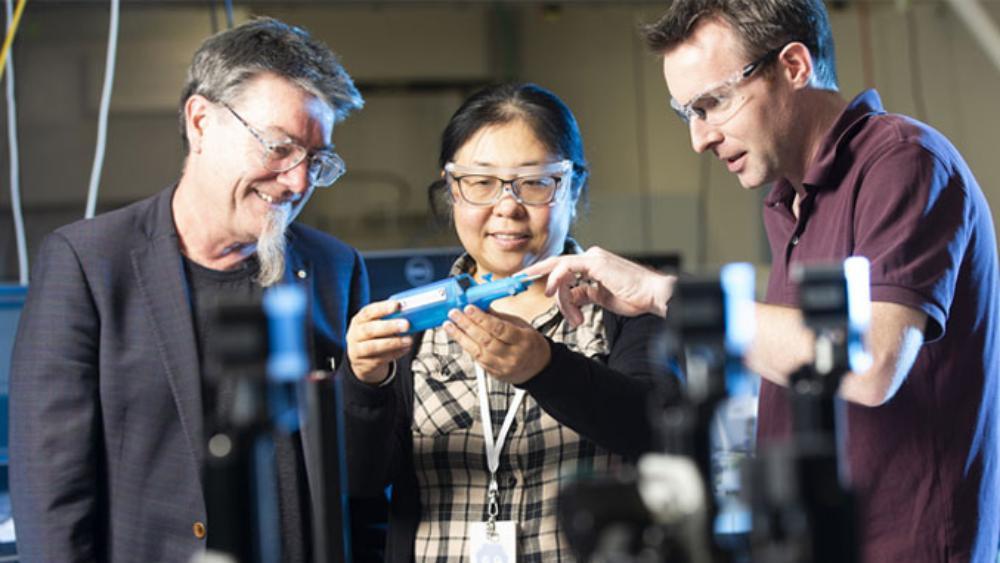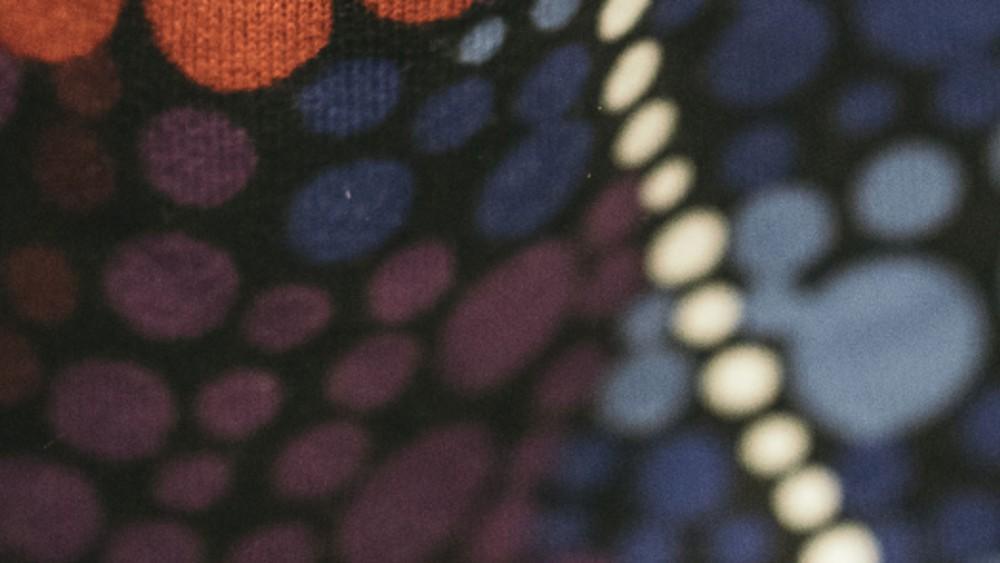At UOW, we value personal connection. It is these connections with your supervisors, other researchers in your school, and people working across the University who will help you achieve what you thought was impossible.

At UOW, we value personal connection. It is these connections with your supervisors, other researchers in your school, and people working across the University who will help you achieve what you thought was impossible.
By undertaking a research degree at UOW, you will gain skills that will prepare you for a future in research and academia, and government and industry. We offer a range of research degrees suitable for students starting their research career and programs for those who have honed their skills through honours or undergraduate research.
Whatever path you take, the connections, knowledge and ideas you create will make you a sought after expert in your field.
Are you experienced in your field and interested in pursuing a research degree but concerned that you may not be eligible. Perhaps you have not studied for many years. Perhaps you have conducted only limited research, even though you are a leader in your field. Because UOW values individuals with great experience and insight, the university will attempt to accommodate you somehow. For advice, email the Dean of Graduate Research, Professor Simon Moss, to arrange a discussion.
Aboriginal and Torres Strait Islander students pursuing a PhD or research Masters can benefit from personalised support at GRS. Dedicated staff members will assist you in connecting with suitable supervisors, understanding the admissions process, and providing tailored guidance throughout your research journey.
Apply for support
For Peter, his research degree provide the framework for thinking and writing that helped him move forward. He is now taking time off his teaching career to lecture in Aboriginal Education at UOW.
Explore research degreesI'm Peter Hewitt. I'm a Djiringanj Yuin man from the south coast of New South Wales. So I'm a father, a son, an uncle, a cousin, nephew. All those things. And I say that because I've got a mixed heritage. My father is from English descent and my mother her Djiringanj people and herself, she has a mixed Irish descent as well. So I frame that because I'm all of those things, not one thing in particular. I'm a practising artist and I've also been a teacher since 2005. I've had numerous roles in schools working as the head teacher of creative arts at Figtree High. More recently I've worked as the deputy principal instructional leader at Figtree High. In 2023 I'll be taking a bit of leave so I can work at the University of Wollongong, lecturing in Aboriginal education. With the master's degree, or the research master's degree, the impact that it's given me, it provided the framework for thinking and writing which enabled me to to really look at what had come before me from a contemporary aspect, what my contemporaries were doing. And then looking at that from that Western knowledge system to see how I could share some of my story within that written form and then that also paralleled my art making. I'm effectively giving voice to country through the materials that I use. And that's why I've started using more traditional materials. If I'm going to give voice to country, I need to use country to tell that story. We've going to give it away to keep it. As an oral culture, we need to keep our traditions and culture in our day to day. Basically, the painting is a document of my dance and my storytelling. What do people get out of my work? So I want them to- I'd rather them stop and look at it and not like it, as opposed to just walk by the artworks. I want them to engage with the artwork, really sort of sit with what that story may be - who's told this story, what's the mark-making behind it? What is that message? But also for the audience to take their own message. My art-making previously was very focussed on on self culture. When I say culture, you know what I knew - kinship, connection, family, country. However, as I've shifted and really sat within looking at my own culture, Yuin culture specifically, I've wanted to teach and bring people introduce people to the country. What is country? Why is it important? Basically country provides for us clean water, clean air. We need we need to look after it. That's the essence of of my culture. So that little shift in terms of teaching, moving from being a visual arts teacher and working in high school to teaching over at the university is I can really look at that space and sit in that space and really engage with new career beginning teachers and introduce them to country. Introduce them to my culture. I've got a big story to tell and I know that can help inform how they work with young Indigenous people, their community, their families, and help strengthen the narrative around Aboriginal Australia.
UOW ranks =167th among the world's universities
QS World University Rankings, 2025UOW ranked 44th in the world for social and economic impact.
Times Higher Education University Impact Rankings 2024